
Diversity, Equity, Inclusion and Accessibility Spotlight
Learn More About Select Quarterly Observances
Each quarter, we'll highlight several observances and explain the significance of each. Additionally, we'll spotlight an article related to one of these observances. It's a great opportunity to learn more about the meaning behind the observances you know — or don't know.
Plan Ahead with ALA's Annual Heritage and Cultural Celebration Calendar
We’ve put together a new resource for you as you plan your DEIA initiatives: The annual 2024 Heritage and Cultural Celebration Calendar. It lists some widely recognized awareness months and day(s) for diversity-related specific groups, cultures and/or causes, including holidays and national events. We hope it will help you start (and continue) the conversation on these vital topics.
We suggest sharing this guide with others, beyond the legal management team, within your legal organization to help coordinate DEIA-focused events and educational programming throughout the year. Consider sharing our 2024 Heritage and Cultural Celebration Calendar. with the following teams in your legal organization:
- Marketing Department to plan social media posts and/or to add to the DEIA-focused page on your firm’s website.
- HR Department to increase employee morale programming and/or for inclusion in communication to all employees explaining when offices are closed for the upcoming year.
- IT Department so they can add on your firm’s intranet.
- Chief Diversity Officer or DEIA Committee so they can plan related events and programming for the year.
An additional resource you might find helpful is this 2023-2024 interfaith calendar that serves as a useful guide to honor special practices and important observances in your legal departments and law firms.
Make DEIA a Strategic Priority for Your Firm in 2024
The legal industry consists of high achievers who have a penchant for being risk averse. Therefore, legal administrators tend to feel constrained when it comes to taking chances because they don’t want to be viewed as “wide-eyed” or “overly optimistic.” While pondering whether having those characteristics actually makes one more susceptible to making mistakes as a professional, perhaps we should also ask ourselves if having those traits contributes to diversity of thought and innovation in the workplace.
You might be of the mindset that implementing a program for diversity, equity, inclusion and accessibility (DEIA) at your firm is a risk. In reality, not having a DEIA program is a tremendous risk because that would mean having no leadership accountability or best practice standards around cultural competence. An ineffective, noncommittal and inauthentic DEIA program would still create a liability because it can harm recruiting efforts, damage employee morale and invite lawsuits. This year, make DEIA a high priority on your list of important goals for your work environment because it is a risk worth taking.
To avoid feeling overwhelmed by implementing a DEIA program, consider choosing just one or two things you can do within your sphere of influence, and put them on your to-do list. If needed, break down larger goals into more manageable steps.
Here are three ideas to consider:
- READ THIS
Once per week, work your way down this list of resources procured by ALA’s DEIA Committee. Consider sending it to a colleague and discuss what you thought about it.
- WATCH THIS
Each week, go to TedTalk’s library and choose one of the hundreds of presentations within the “Social Change” category. Can’t pick just one? Start with this 14-minute TedTalk presented by Chicago-native Dana Anderson, a poet/actress/director/playwright/advocate.
- DO THIS
Prefer to tackle a larger goal? Educate yourself (for free) on a huge range of key issues by watching these seven 2-hour lectures offered by University of South Florida (pay just $99 to take quizzes after each lecture to earn a “DEI In the Workplace” Certificate)
Take it week-by-week. Don't think about everything that needs to get done — just focus on what you can achieve this week. Start with the basics. Identify the key steps or tasks involved and prioritize them. Then, break those down into smaller action items you can tackle one at a time.
Consider reading an article on implicit bias, or try reflecting for 10 minutes on the challenges your colleagues may have faced if they were not born with the privileges you may take for granted. Little bits of progress add up over time.
Set deadlines and schedules. Figure out a realistic timeline for achieving your big goal and set milestones along the way. Meet with your team or accountability partners regularly to review progress and make adjustments as needed.
Kameelah Hakeem, MBA
Administrative Director
Sullivan & Cromwell, LLP
Risa McMahon
Business Development Director
Greensfelder Hemker & Gale, PC
Select Quarterly Observances
| January | |
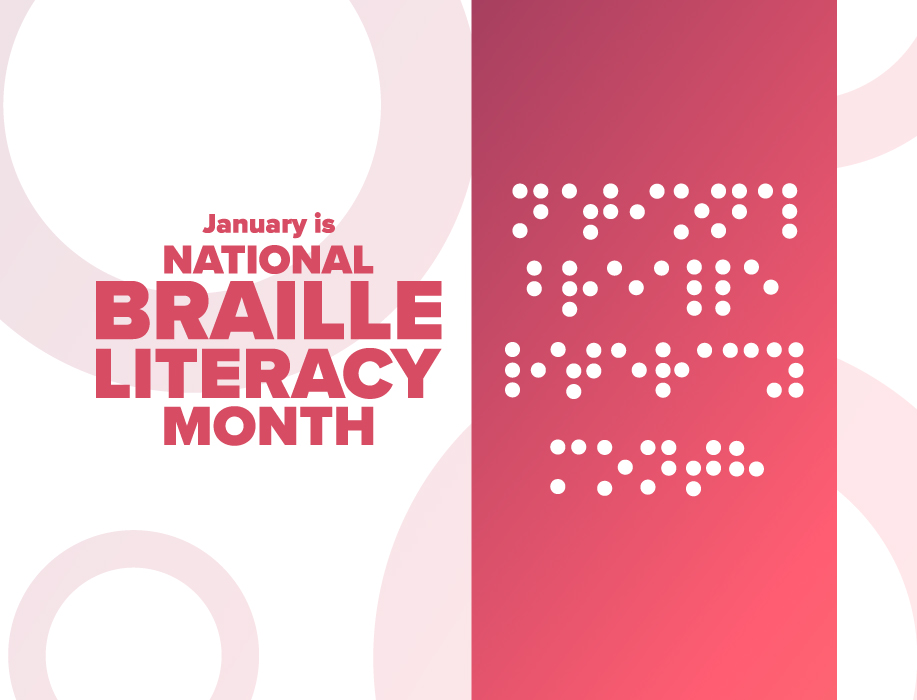 | January is Braille Literacy Month in honor of the birthday of Louis Braille, who was born on January 4, 1809. |
 | January 1: New Year’s Day is the first day in the Gregorian calendar, a solar dating system used by most of the world. |
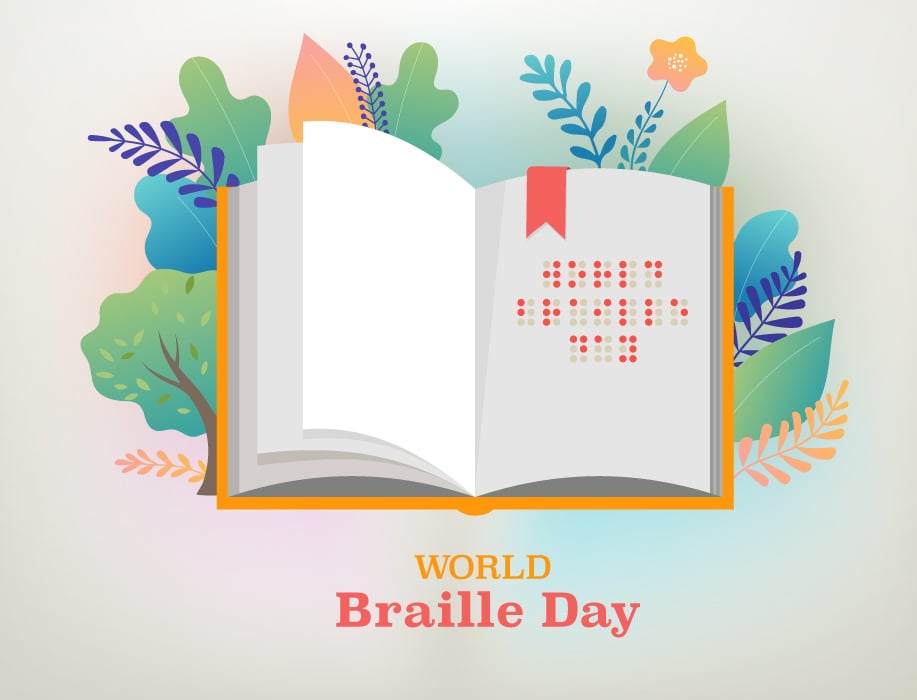 | January 4: International World Braille Day is observed to raise awareness of the importance of Braille as a means of communication in the full realization of the human rights of blind and partially sighted people. |
 | January 15: Makar Sankranti is a major harvest festival celebrated in various parts of India. |
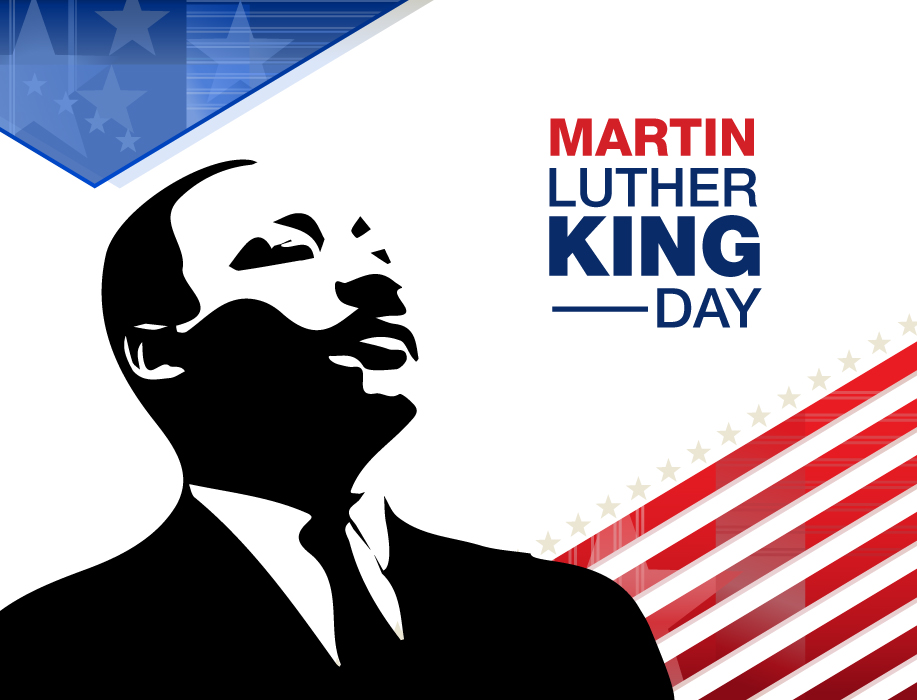 | January 15: Martin Luther King Jr. Day celebrates the civil rights leader’s life and legacy. It is the only federal holiday designated as a National Day of Service to encourage all Americans to volunteer to improve their communities. |
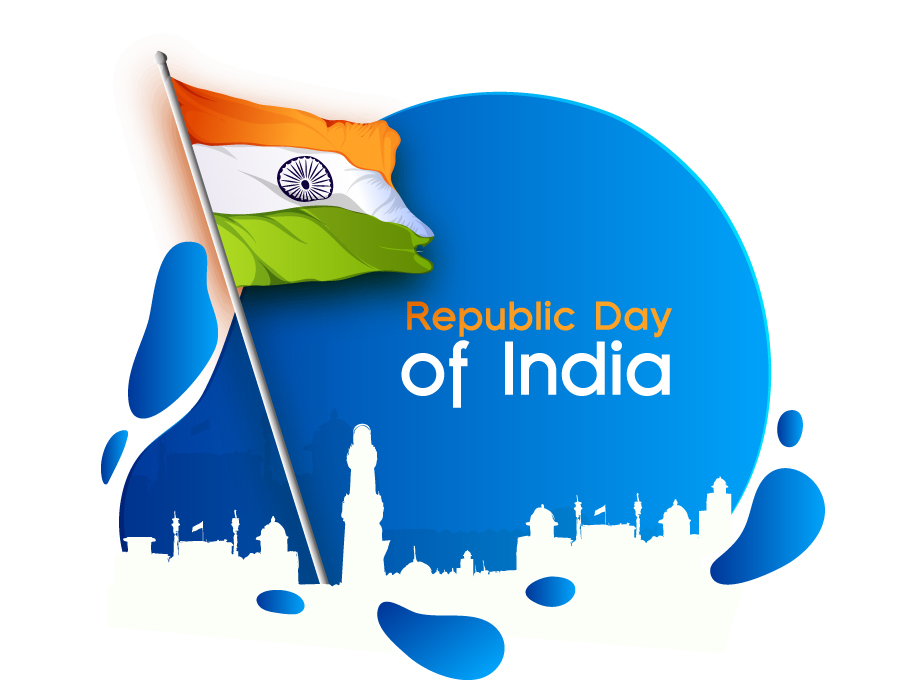 | January 26: Republic Day of India recognizes the date when the Constitution of India came into law in 1950, replacing the Government of India Act of 1935. This day coincides with India’s 1930 declaration of independence. |
 | January 27: The world commemorates International Holocaust Remembrance Day, a United Nations observance that honors and remembers the tragedy of the Holocaust and the millions of people who lost their lives at the hands of the Nazi regime. |
| February | |
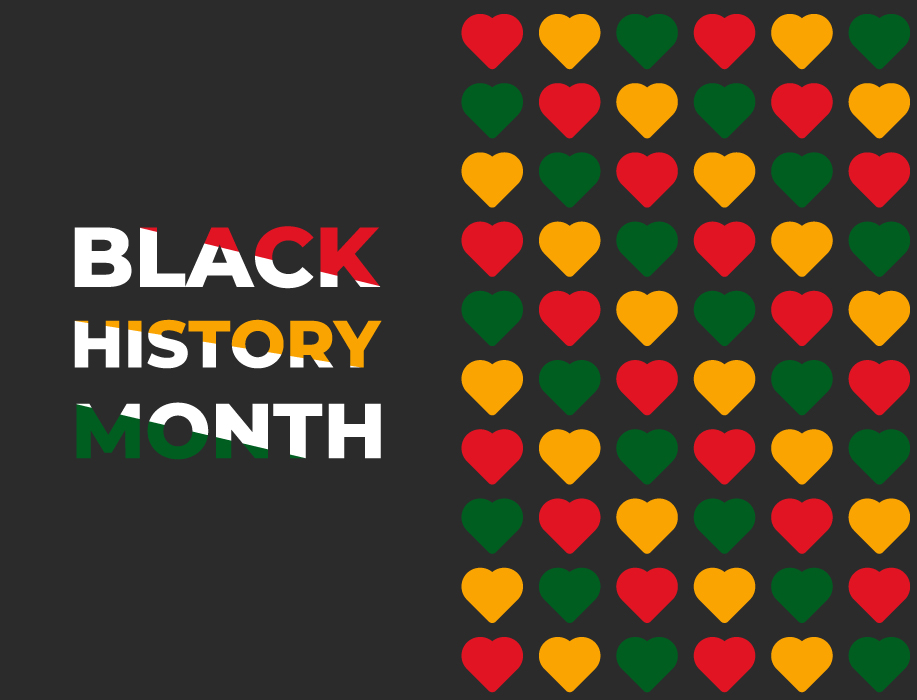 | February is Black History Month which celebrates Black history and culture in the United States. |
February 1: National Freedom Day is a United States observance on February 1 honoring the signing by President Abraham Lincoln of a joint House and Senate resolution that later was ratified as the 13th Amendment to the U.S. Constitution. | |
 | February 10: Tied to the lunar calendar, the Lunar New Year began as a time for feasting and to honor household and heavenly deities, as well as ancestors. The New Year typically begins with the first new moon that occurs between the end of January and spans the first 15 days of the first month of the lunar calendar—until the full moon arrives. |
 | February 14: Ash Wednesday is the first day of Lent on the Christian calendar. Its name is derived from the symbolic use of ashes to signify penitence. In many regions of the world, it takes place immediately after the excesses of Carnival. |
 | February 14: Valentine’s Day is a Western Christian feast day honoring one or two early saints named Valentinus. This holiday is typically associated with romantic love and celebrated by people expressing their love with gifts. |
 | February 19: Presidents Day is a national holiday to honor all past presidents of the United States. |
| March |
|
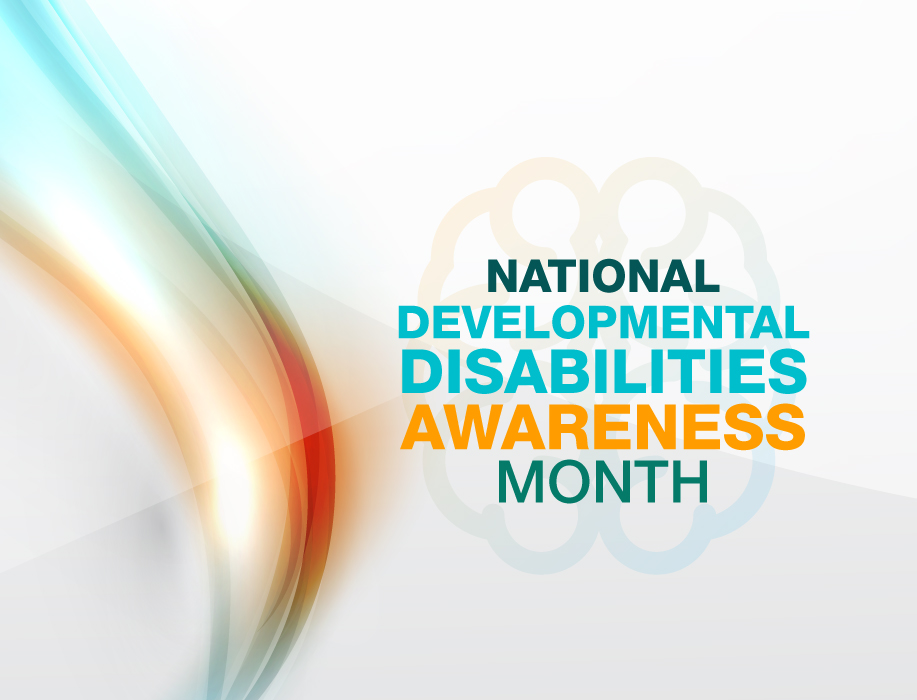 | March is Developmental Disabilities Awareness Month for increasing awareness and understanding of issues affecting people with intellectual and developmental disabilities. |
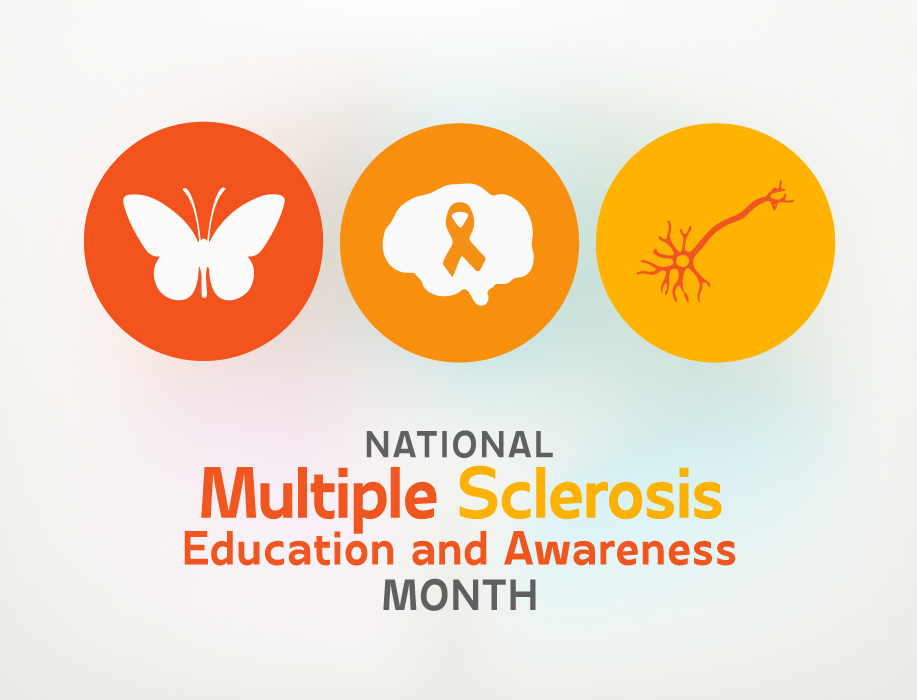 | March is National Multiple Sclerosis Education and Awareness Month for raising public awareness of the autoimmune disease that affects the brain and spinal cord. |
 | March is Women’s History Month to honor women as significant agents of historical change. |
 | March 6: Purim, also called the Festival of Lots, is a Jewish holiday that commemorates the saving of the Jewish people from Haman, an official from the ruling Achaemenid Persian Empire. This holiday is observed from sundown to sundown. |
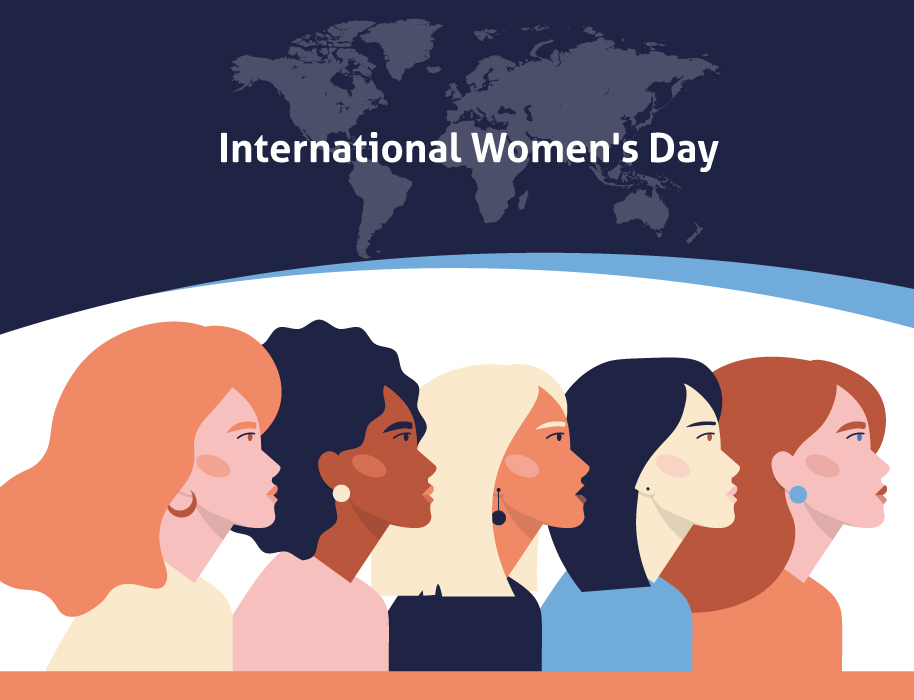 | March 8: International Women’s Day is a global day celebrating the social, economic, cultural and political achievements of women. |
March 10 - April 9: Ramadan is considered one of the holiest months of the year for Muslims. The month-long fast of Ramadan begins at sundown and ends at sundown. During Ramadan, Muslims refrain from food and drink during the daylight hours as a means of drawing closer to God and cultivating self-control, gratitude, and compassion for those less fortunate. | |
March 13 - 19: Neurodiversity Celebration Week aims to celebrate the diversity of neurological differences and to raise awareness about the challenges those who are neurodivergent can face. According to the Cleveland Clinic, neurodivergence is a nonmedical umbrella term used to describe those whose brain works or develops differently. This can include conditions such as autism, ADHD, dyslexia and other neurological differences that affect how people think, learn and interact with the world. | |
 | March 17: St. Patrick’s Day is a cultural and religious day of celebration to commemorate one of Ireland’s patron saints and the arrival of Christianity in Ireland. Many Americans with Irish ancestry observe the day in remembrance of him. |
 | March 19: Nowruz, also known as the Persian New Year, is a traditional ancient festival celebrating the first day of spring. |
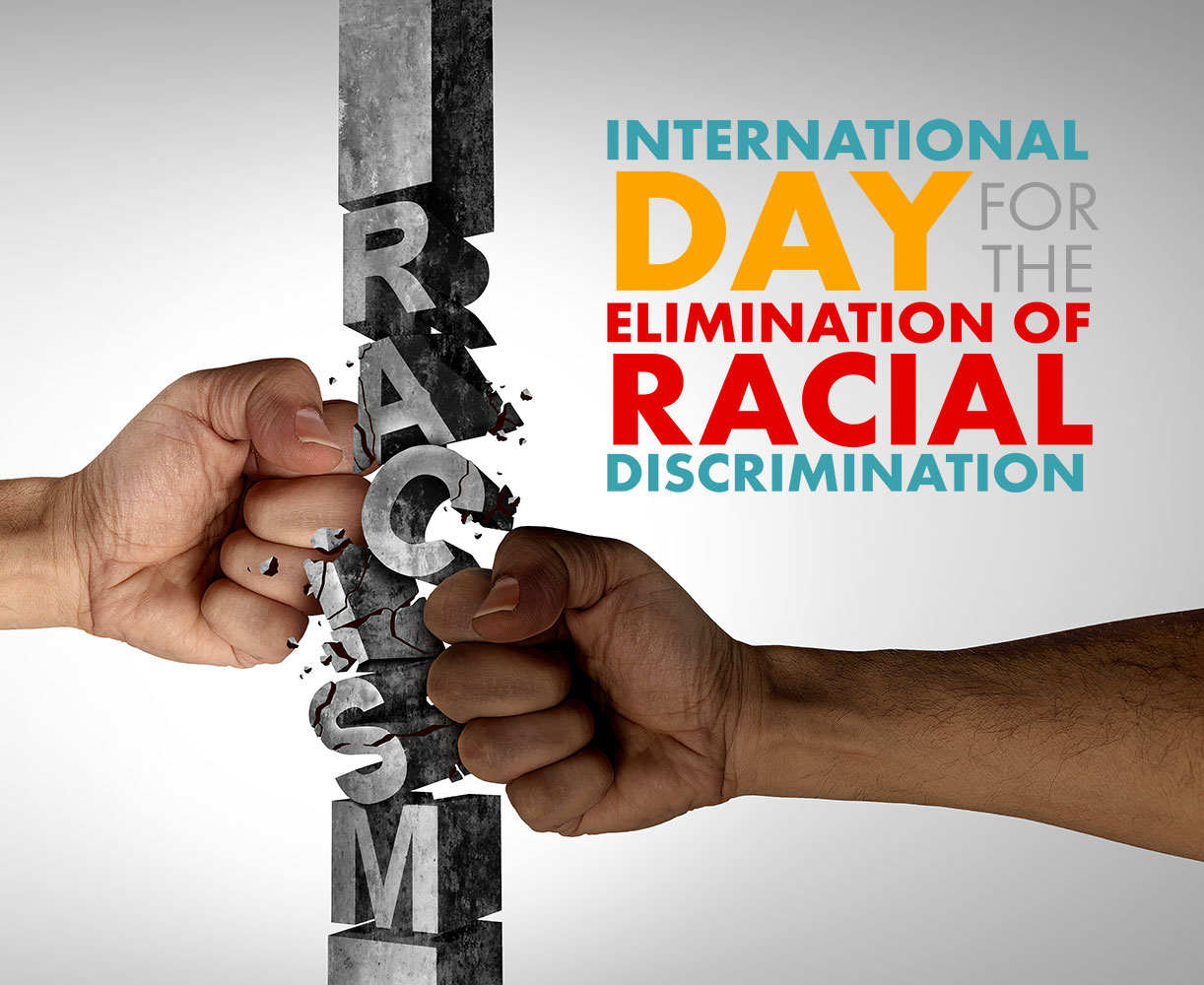 | March 21: International Day for the Elimination of Racial Discrimination is observed annually in the wake of the 1960 killing of 69 people at a demonstration against apartheid “pass laws” in South Africa. The United Nations proclaimed the day in 1966 and called on the international community to redouble its efforts to eliminate all forms of racial discrimination. |
 | March 6: Purim, also called the Festival of Lots, is a Jewish holiday that commemorates the saving of the Jewish people from Haman, an official from the ruling Achaemenid Persian Empire. This holiday is observed from sundown to sundown.
|
 | March 25: Holi is a Hindu festival that celebrates spring, love and new life. It’s widely celebrated in India and Nepal. It signifies the triumph of good over evil; it is also known as the festival of colors or the festival of sharing love. |
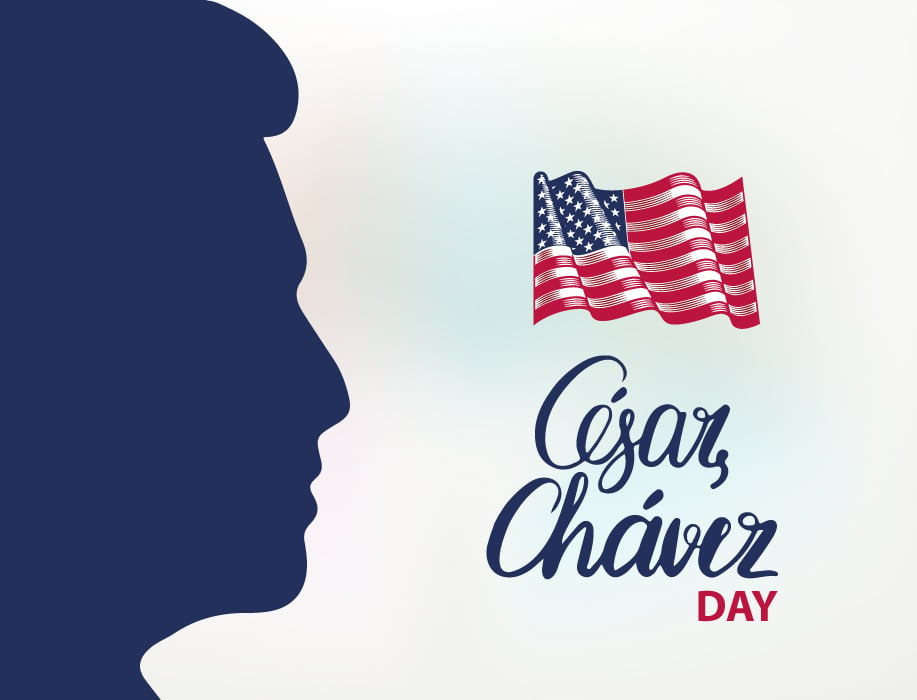 | March 31: César Chávez Day commemorates the American farmworker, labor leader, and civil rights activist. In “Chávez left a legacy as an educator, environmentalist and a civil rights leader. And his cause lives on,” said President Barack Obama in 2008. “As farmworkers and laborers across America continue to struggle for fair treatment and fair wages, we find strength in what César Chávez accomplished so many years ago. And we should honor him for what he’s taught us about making America a stronger, more just and more prosperous nation.” |
| March 31: Easter is a Christian holiday commemorating the resurrection of Jesus Christ from the dead following his crucifixion. The week before Easter is referred to as “Holy Week” which begins on Palm Sunday. Good Friday is three days before Easter, which commemorates the crucifixion and death of Jesus. Easter is observed each year on the first Sunday after the paschal full moon. | |
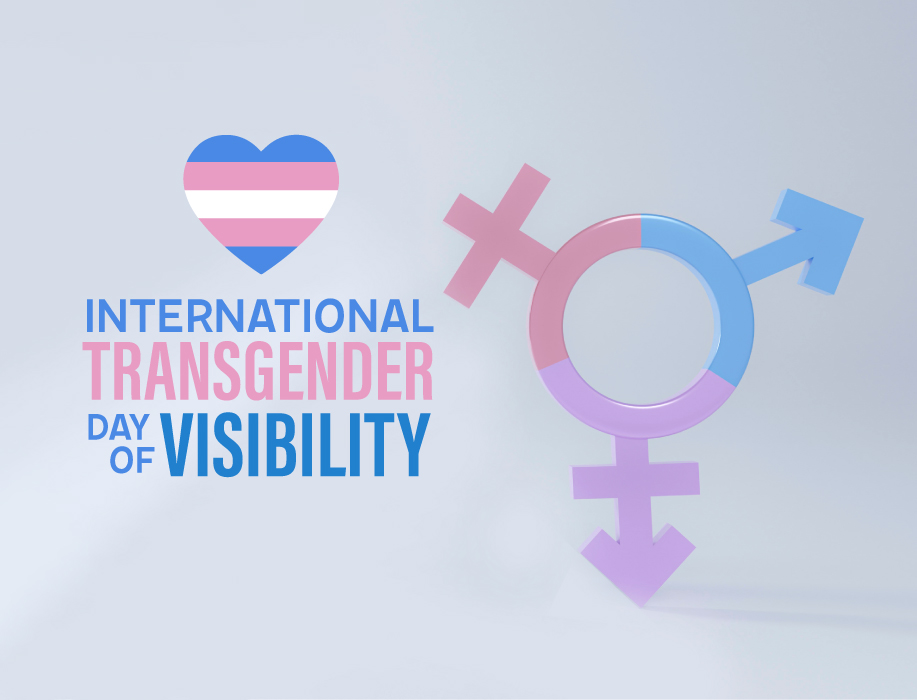 | March 31: International Transgender Day of Visibility is celebrated to bring awareness of transgender people, their identities and their experiences, as well as to recognize those who helped fight for rights of transgender people. |